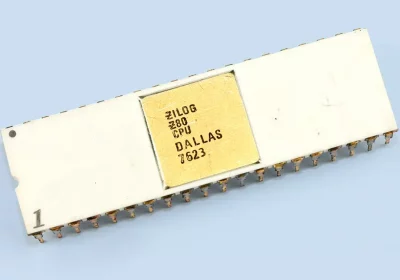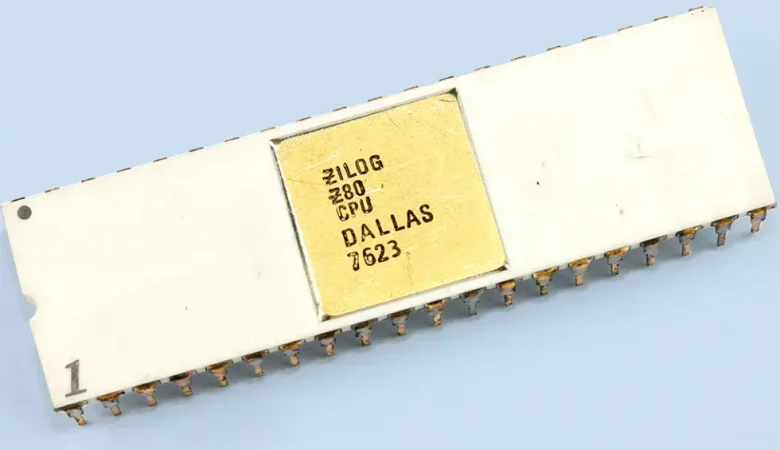The Court of Justice of the EU has ruled that the systematic registration of IP addresses of users of peer-to-peer networks who share media files is allowed under certain conditions. This concerns the collection of names and addresses for a claim for damages.

In this case revolves around the company Mircom, submitted a request for infomation at the Antwerp court against the company provider Telenet. Mircom wants to force Telenet to hand over identification data of Telenet customers on the basis of a number of IP addresses. These are IP addresses that a specialized company has collected for Mircom. Mircom is the owner of the intellectual property rights and intends to use the data to make claims for damages against the individual users. Telenet opposed this request, partly because Mircom does not exploit the rights.
In its assessment, the Court clarified that uploading files via a peer-to-peer network constitutes a disclosure and can therefore infringe copyright. The Court says that the user does not have to download a minimum number of parts of a known media file and that there is already a question of making available to the public if he grants access to the protected works, provided he has full knowledge of the consequences of this. According to the judges, this strikes a good balance between the fundamental rights of intellectual property rights and those of the users.
In addition, the Court states that a company such as Mircom is allowed to claim compensation from the alleged infringers, provided that such a request does not involve abuse. The Court refrains from giving examples to clarify cases of abuse; the judges refer for this to the referring Belgian court. It is therefore for the national courts to determine whether and, if so, when there has been abuse. This may include filing a legal claim while a mutual settlement was previously refused.
Finally, the Court underlines that the systematic registration of IP addresses is not in conflict with EU law. This also applies to the communication of the names and postal addresses of the users to a party in order to be able to institute compensation. However, such acts must be “justified and proportionate” and must not abuse the facts and circumstances. The Court notes that EU law ‘does not contain an obligation to disclose personal data to
individuals with a view to the civil prosecution of
copyright infringements. However, EU law allows Member States to impose such an obligation’.
With this judgment by the EU judge, the case will be referred back to the Antwerp company court for a ruling. This judgment of the Court of Justice concerns an interpretation of EU law, which the Belgian court will use to reach a judgment in the case. For example, the Belgian court asked the Court of Justice whether it is lawful to provide the data requested by Mircom to Telenet.









